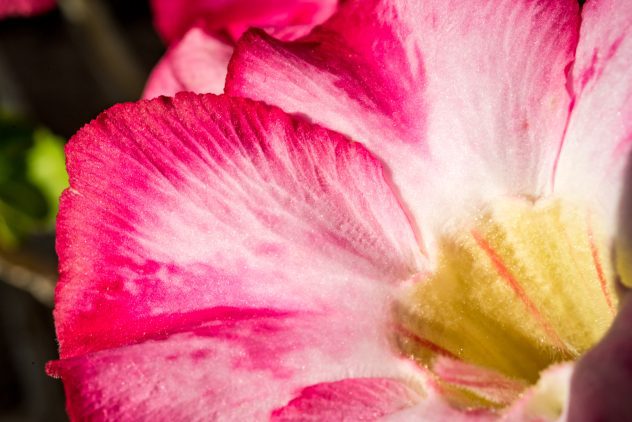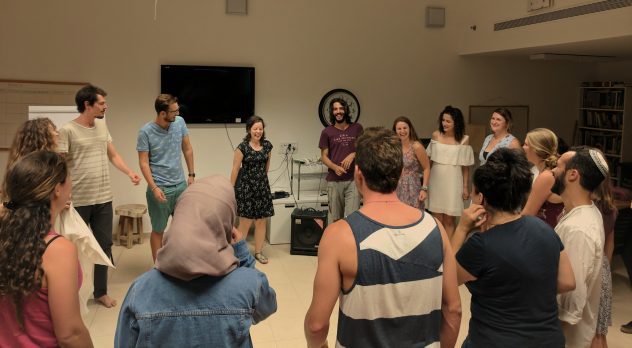By Aviv Saad, Campus Coordinator, Arava Institute for Environmental Studies
I am sitting down to summarize the last week and a half since the murderous attack and the start of the war. I wanted to share a little about how these days are going for us on campus at the Arava Institute. A minority of the Israeli students left to be with their families or to enlist in the reserves. There are students in the West Bank who cannot return to Israel, as well as international students who have been asked by their parent universities to return to the US.
The first days were full of shock, great sadness, and fear. As the dimensions of the horrors were revealed, the pain deepened. The questions for us as program staff were how can we support our student community, what answer can be offered in this reality? And how can we continue to talk about cooperation when there is a war going on outside?
On Saturday evening we met with all the students, and heard from each and every one about their feelings, emotions, and thoughts. The room was full of sadness and tears, but also very big hugs, with the understanding that we must stay together and support each other because difficult days await us. Our “bubble” is almost unimaginable these days: Israelis and Palestinians study and live together on one campus in the heart of the Arava desert, while it seems that the long-standing conflict between the nations is now reaching unprecedented levels. However, we quickly realized that this is a very special group. Since the outbreak of the war, there has been no conflict or argument on campus. On the contrary, the students continued to support each other all throughout. We continue to meet for community discussion circles every few days.
We also understood that in addition to the safe space that allows us to process our feelings, share, and talk, we must build a content framework that will allow relief and a sense of routine: walks in the environment that surrounds us, work in the garden, volunteering in the kibbutz and outside, shared meals, and more. The working assumption is that right now we are all in a state of shock, and different people have different ways of coping. That’s why we are trying to provide a variety of content that might ease the pain, if only a little. The students also took the lead in various initiatives — a very releasing movement workshop, a powerful nonviolent communication workshop (a compassionate communications methodology), yoga practices, an evening of creative expression, and more.
These are very difficult days for all of us, whether you are Israeli, Palestinian, or international. There were many sad moments in these days, full of tears and worry. But there were also many moments of connection, understanding, and fulfillment. On a personal level, I can say that working on campus with this group simply saved me during these days. I saw that even in the darkest times, human connection can save us, and this is the only thing that gives me hope in this desperate time. We are the alternative to violence.



